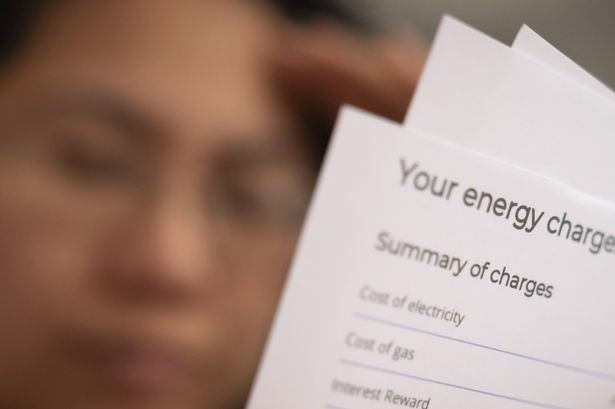
Plans afoot to introduce energy dictatorship in Europe
The EU's leadership may have come up with a tough-minded and shocking plan. Extending sanctions against Russia to the energy sector would imply restrictions on energy use in member states. According to sources close to V4NA, Brussels would cap the internal temperature of buildings at a maximum of 18 degrees Celsius. A similar decree has once been introduced by a dictatorial regime.
Brussels bureaucrats are still working to extend the sanctions against Russia to the energy sector. Russian coal imports have already been banned, and a future embargo on natural gas cannot be ruled out. This, however, would entail grave consequences, something the bureaucrats in the Brussels bubble continues to deny. Energy prices are already at an all-time high, and if Russian gas imports were to stop, the economies of most EU member states would collapse in 1-2 weeks, as V4NA has reported on several occasions earlier.
European powers want to end their dependence on Russian energy while trying to accumulate as much gas as possible in their reservoirs. People were asked to use as little energy as possible. Speaking in Brussels on 8 March, European Commission Vice President Frans Timmermans, who is also in charge of the European Green Deal stressed that
„Europeans can help in the fight against Vladimir Putin by turning down the heating in their homes. Our choices determine how much energy we consume and how strong we are in our reactions against Russia,”
the commissioner added. German Economics Minister Robert Habeck also sees this as a solution. The Green Party minister told a newscast on German TV that in order to save energy,
„all citizens and businesses could contribute by reducing their consumption of gas and oil. Every cubic meter of gas that is not burned helps.”
In the meantime, concern is growing in many countries as people fear that they could be left without heating again in the autumn, when the persistent cold weather arrives. 40 per cent of British households said they would not be able to pay their utility bills if there was no improvement. The situation is no better elsewhere in Europe, with several outages in the last heating season. The European Union currently relies on natural gas for 38 per cent of its heating needs, and if this were to cease, the consequences would be unforeseeable.
A source told V4NA that Brussels bureaucrats are already trying to prepare for this period. A bill has been drafted to set the maximum internal temperature of buildings at 18 degrees Celsius, among other things. The provision is eerily similar to measures introduced in the past by some dictatorial regimes.
This would not be the first time for country leaders to determine how much heat citizens could use. Decades ago, Romania’s former head of state, Nicolae Ceausescu, has set a goal to drastically reduce the country’s public debt. To this end he has, for example, limited how much heat households could use. The government has ordered that temperatures in private homes and public institutions should not exceed 12 degrees Celsius. People were also not allowed to use light bulbs stronger than 40 watts. Ceausescu’s ambitions have led to severe shortages of food, fuel, energy and medicine, bringing the country to the brink of famine, and its economy to the edge of collapse.
If we look at the present situation, there is an EU country that decided no to wait for the Brussels bureaucrats’ proposal. From May, air conditioning in Italy’s schools and other public buildings must not be set below 25 degrees Celsius. PM Mario Draghi ironically described air conditioning as an example of what Italians might have to sacrifice in exchange for peace in Ukraine. In addition to that, heating in public buildings should not exceed 19 degrees in winter. The restriction will be in place until 31 March next year, although it is not yet clear how consumption will be monitored. Those who break the rules could face fines of between 500 and 3000 euros. The measure does not apply to hospitals, but will eventually be extended to private homes.
The EU’s draft proposal, however, would not limit energy use in one country, but in all member states. We have asked leading Brussels politicians whether they really want to cap building temperatures at 18 degrees Celsius. We also inquired about how this measure would be put into practice and how compliance with the regulation would be monitored.
It would come as no surprise if the introduction of such a provision would trigger a heavy public outcry. During the coronavirus waves, the restrictive measures have also pushed many to Europe’s streets, and the protests have, in many cases, led to riots.
Tags:

